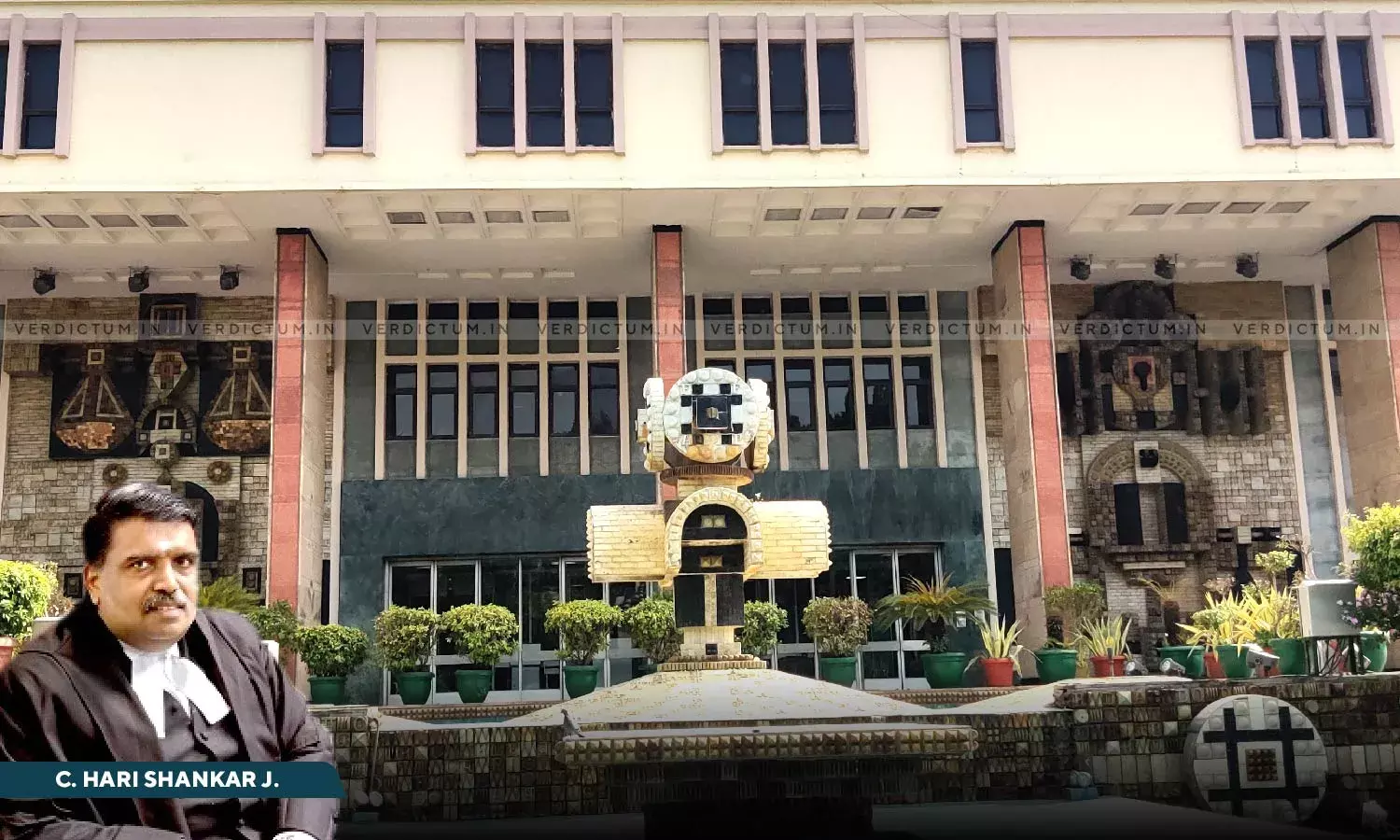Autonomy & Freedom Of Administration Would Be Severely Affected If Academic Bodies Are Made Answerable To Courts Regarding Policy Decisions: Delhi HC
Delhi High Court observed that the autonomy and freedom of administration would be severely affected if academic bodies were made answerable to the court regarding every policy decision.
The Bench dismissed a petition filed by a former law student challenging the University of Delhi’s (DU) policy on the "Centenary Chance Special Examination Phase II." As part of its centenary celebrations, DU issued a notification on April 1, 2024, allowing former students a second chance to clear their pending papers. However, the policy restricted students to attempt only up to four papers.
A Single Bench of Justice C. Hari Shankar observed, “Unless a petitioner makes out at least a prima facie case of arbitrariness or invalidity of the academic policy decision under challenge, it would be hazardous for a court even to call upon the University to be answerable regarding every such policy decision. In matters of academic policy, Courts must not defer to the wisdom of the academic authorities. It is a matter of common knowledge that these decisions are taken, not by one person, but after consultation and deliberation. In many such cases, the decision may be taken after the matter travels to the highest authorities in the university.”
Advocate Danish Aftab Chowdhury represented the petitioner, while Sr. GP. Deepa Narayanan appeared for the respondents.
The petitioner had been a student at DU’s Campus Law Centre where she had only cleared 16 of the 30 required papers during her LLB course, leaving 14 papers pending. The petitioner was aggrieved by the fact that, in the second centenary chance, the students were allowed to re-attempt only a maximum of four papers.
The Court held that DU’s decision to limit the number of papers in the second centenary chance was a legitimate exercise of academic discretion. “The Centenary Chances were not a matter of right,” the Court added.
The Bench noted, “It is well-settled that, in matters of academic policy, courts have to be extremely slow in interfering. The impugned notification is clearly a pure policy decision, and the decision to restrict the number of papers which can be attempted in the second centenary attempt to four is obviously a decision which is taken by the university for legitimate reasons.”
Consequently, the Bench held, “If academic bodies are made answerable to the court regarding every policy decision that they take, it would severely affect their autonomy and freedom of administration.”
Accordingly, the High Court dismissed the petition in limine.
Cause Title: Chhavi v. University of Delhi (Neutral Citation: 2024:DHC:4155)
Appearance:
Petitioner: Advocate Danish Aftab Chowdhury
Respondents: Advocates Mohinder J.S. Rupal and Hardik Rupal












